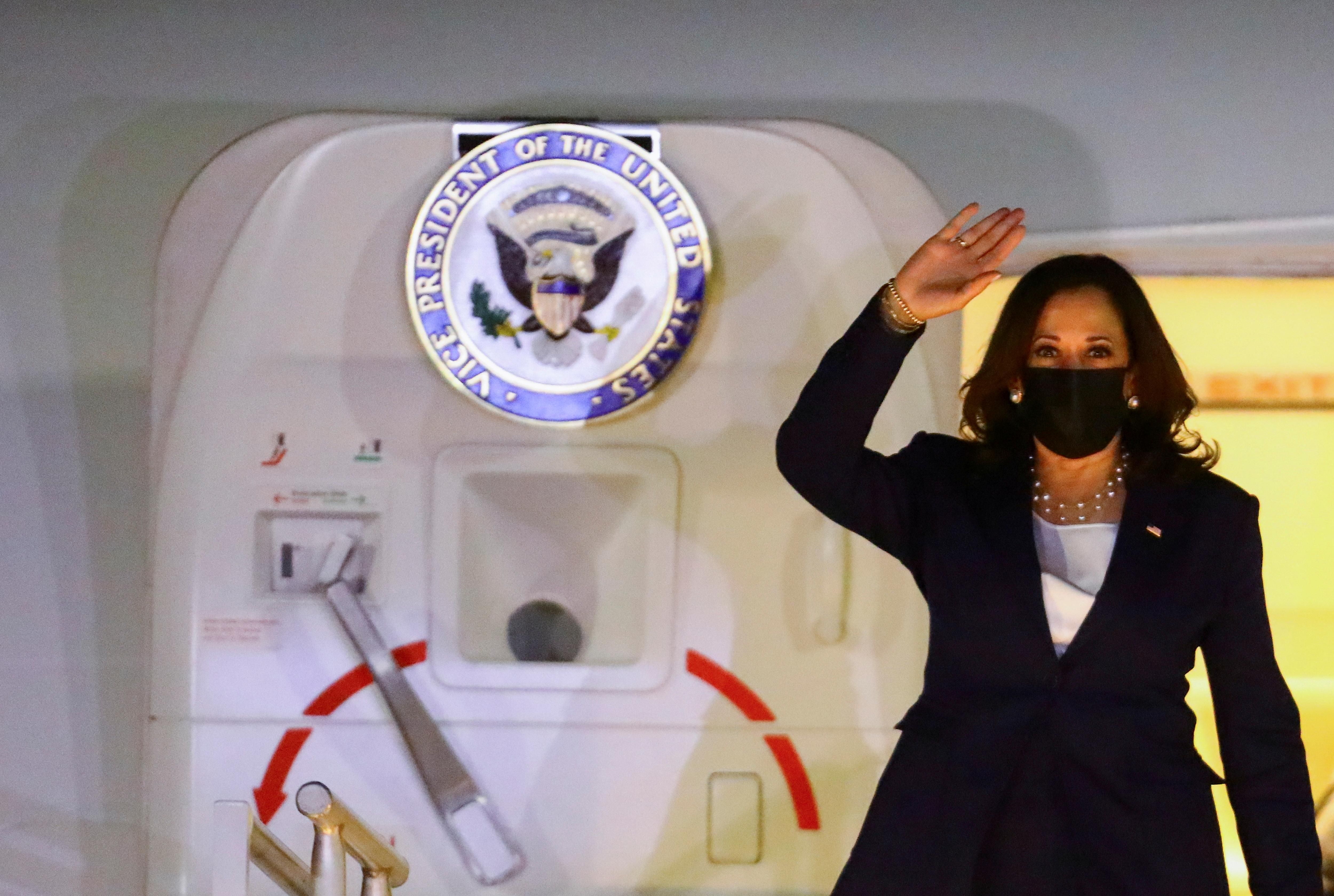What We're Watching: VP Harris on Central America trip, FBI dupes crooks, India reverses course on vaccines
VP Harris tours Central America: US Vice President Kamala Harris this week embarked on her first official foreign trip since assuming that role, making stops in both Mexico and Guatemala. After immigration became a major political headache for the Biden administration, with Central American migrants arriving at the US-Mexico border in historic numbers in recent months, Biden tapped Harris to oversee issues related to the root causes of mass migration from Central America (which he distinguishes from the so-called "border crisis''). Harris, for her part, has been pushing the US private sector to invest more in the Northern Triangle countries — Guatemala, Honduras, and El Salvador — that are plagued by corruption and crime, and account for the bulk of migrants arriving at the US' southern border. Harris has also engaged in vaccine diplomacy to shore up support, announcing that the US will ship COVID vaccines to both Guatemala and Mexico. Immigration is a massive electoral problem for President Biden, with polls suggesting that 48 percent of Americans disapprove of his handling of the issue. Harris is trying to fix that. But analysts say that this trip is also an opportunity for the VP to bolster her own foreign policy bonafides as she looks at a future presidential run.
Global crime ring duped: More than 800 alleged members of an international crime syndicate have been arrested in a global sting operation coordinated by Australia, Europol, and the FBI. How did they get busted? Law enforcement authorities tracked their nefarious plots involving drug smuggling, money laundering and even murder on ANOM, a secret messaging app that the crooks believed was untraceable. The whole operation was a ruse coordinated by the FBI, which had its informants distribute customized devices loaded with the app following an earlier crackdown on similar encrypted messaging services. Indeed, the operation reveals that cooperation among law enforcement agencies on different sides of the globe can be more successful at times than direct coordination between the governments that oversee them, especially when it's about fighting transnational crime. More broadly, we'll be keeping an eye on how the same agencies might work together to combat cyberattacks, which have risen significantly in recent months and overwhelmingly target national governments and private corporations.
